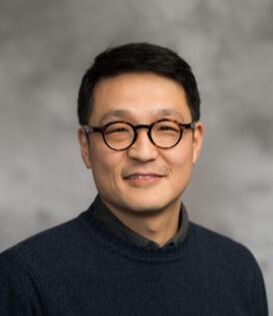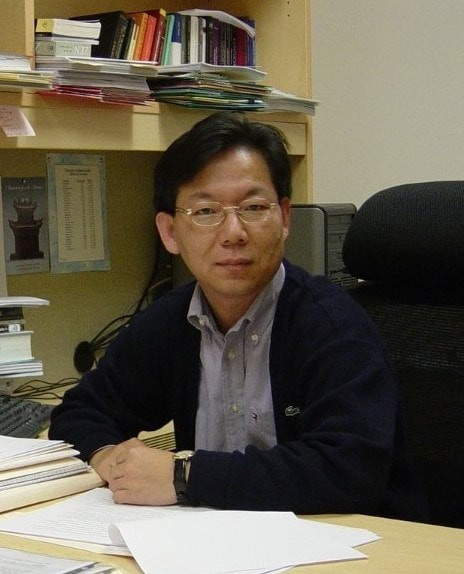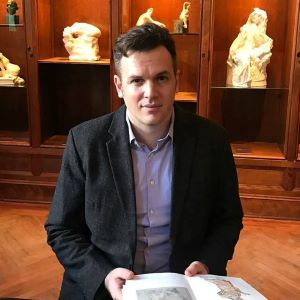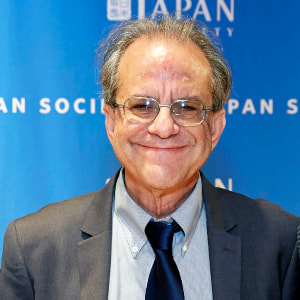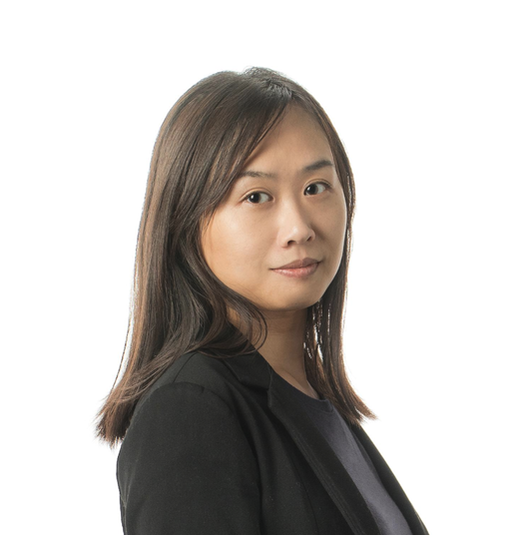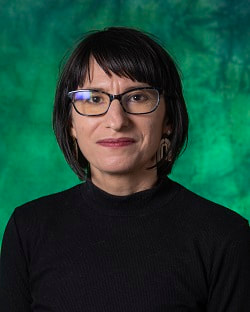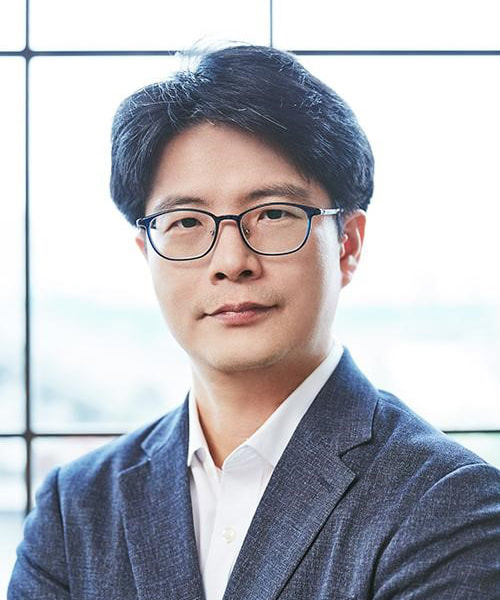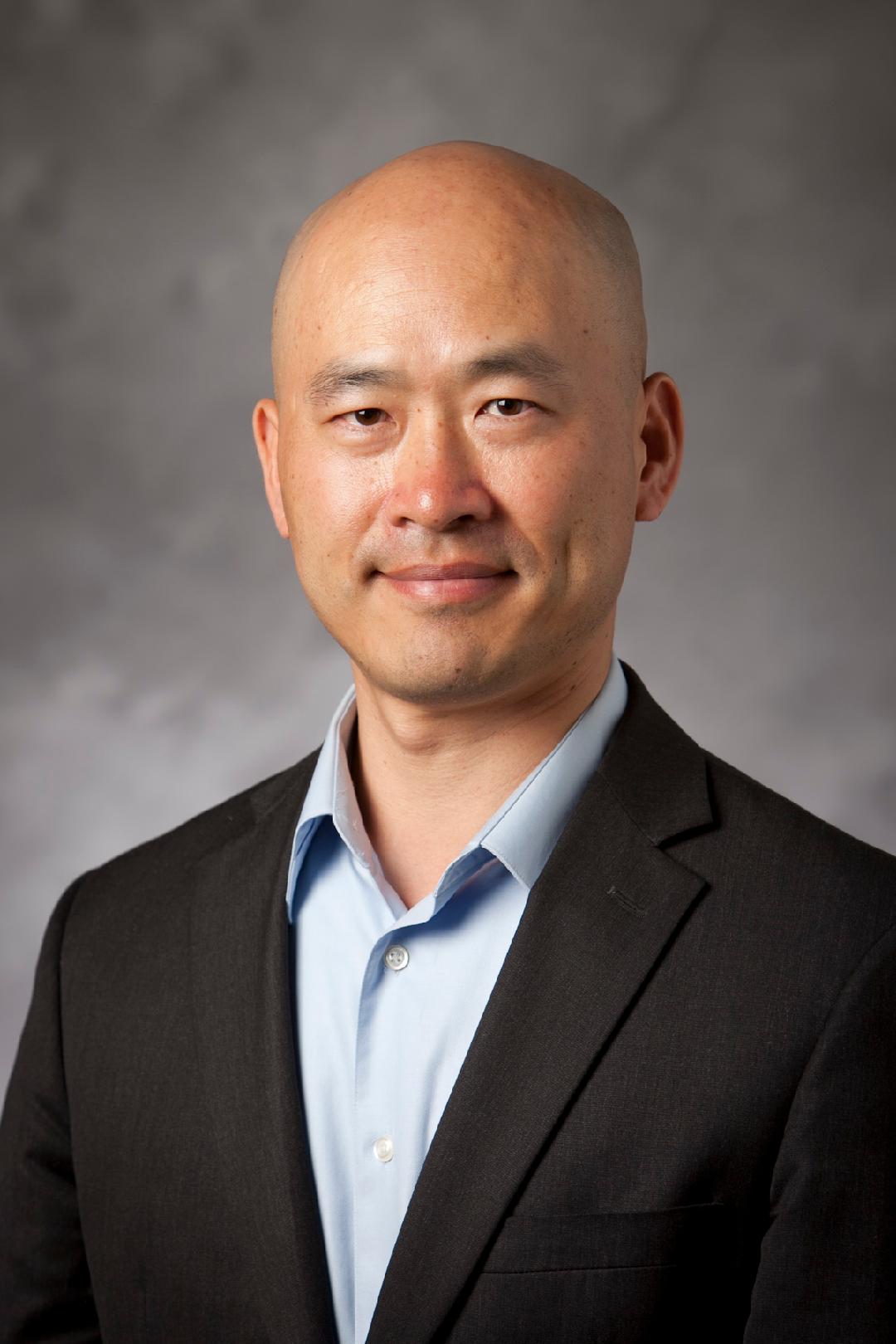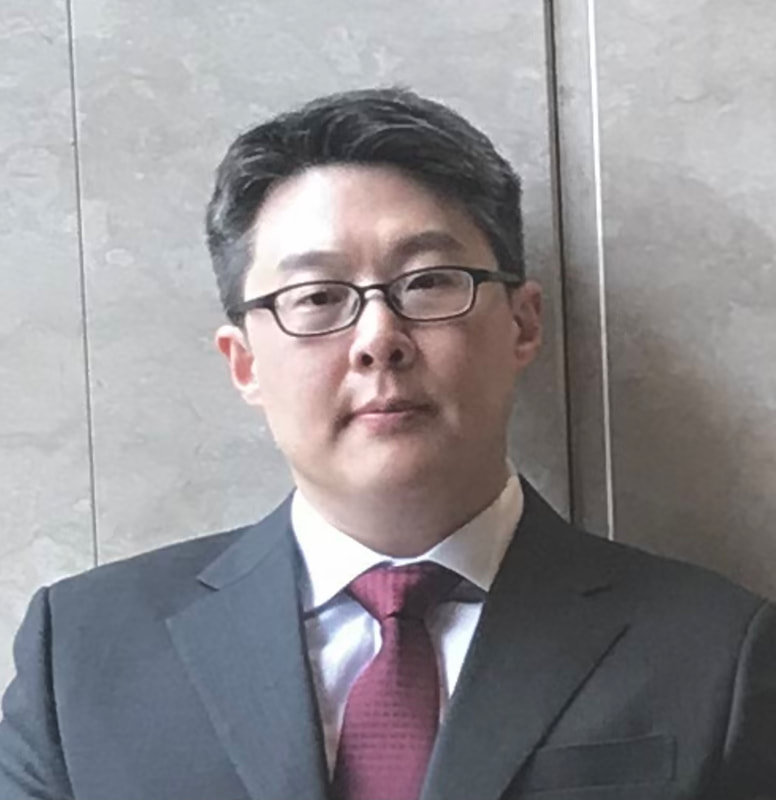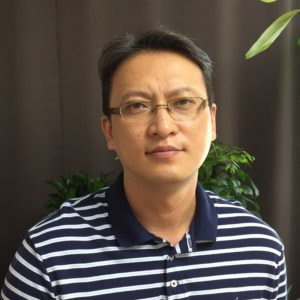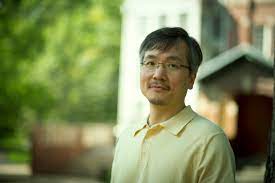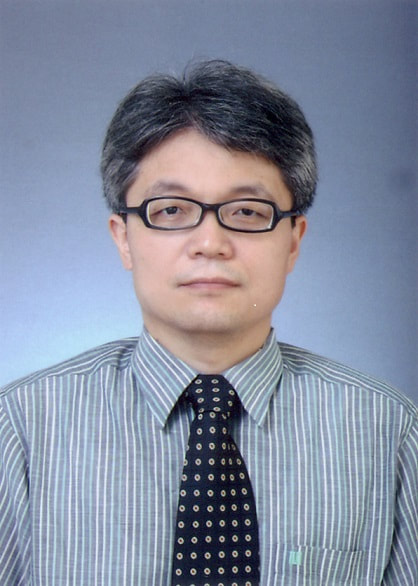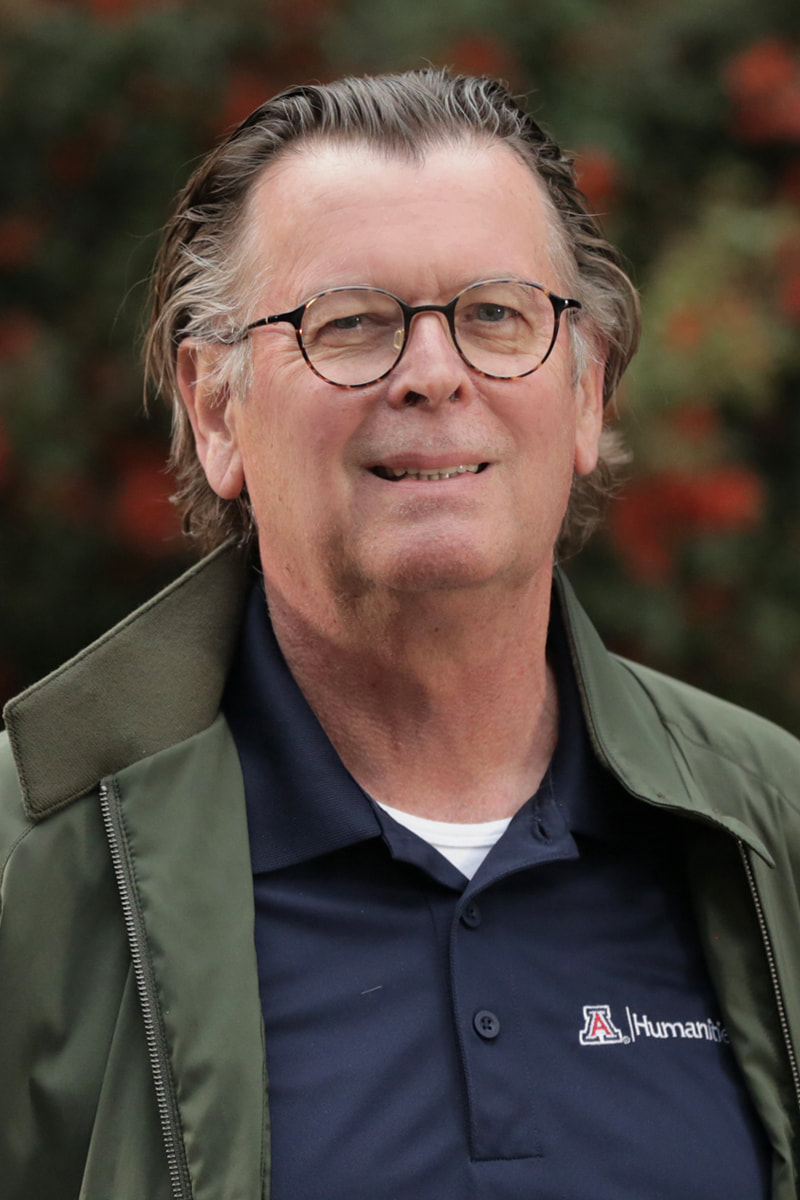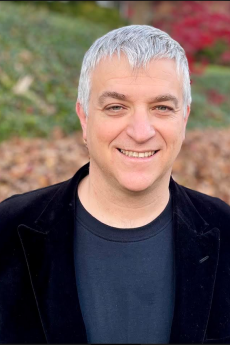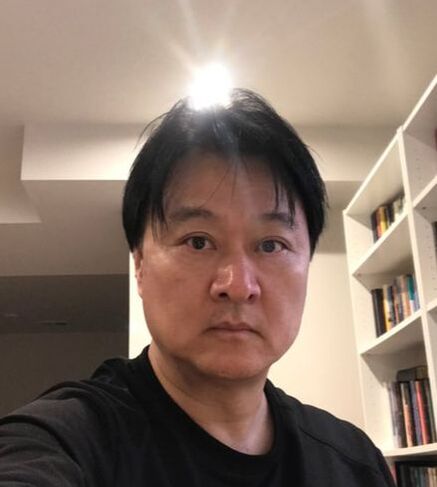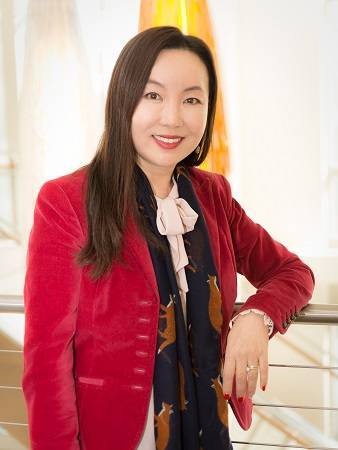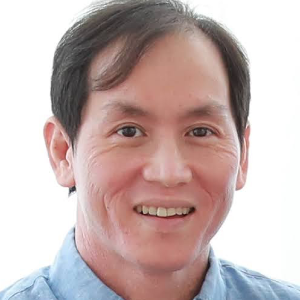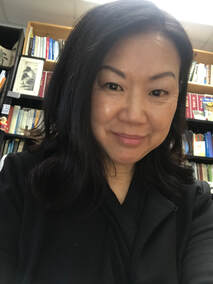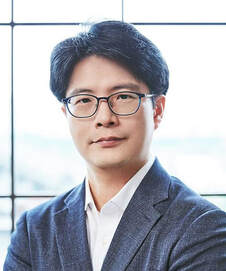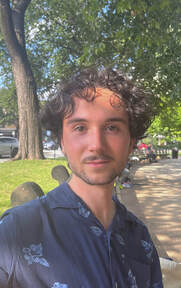Speakers
|
|
Juhn Y. Ahn is Associate Professor of Buddhist and Korean Studies at the University of Michigan and the author of Buddhas and Ancestors: Religion and Wealth in Fourteenth-Century Korea (University of Washington Press, 2018), Transgression in Korea: Beyond Resistance and Control (University of Michigan Press, 2018), and Gongan Collections I, Collected Works of Korean Buddhism, Vol. 7-1 (Jogye Order of Korean Buddhism, 2012). His current research focuses on the economic history of Korea during the Koryŏ period (918-1392), reading practices in Song-dynasty (960-1279) Chan Buddhism, and the cultural history of weather and wealth during the Chosŏn period (1392-1910) in Korea.
|
|
Suk Gabriel Choi A Reflection on Korean Traditional Music from Confucian and BuddhistPerspectives |
Suk Gabriel Choi (Ph. D.) is a Professor of Philosophy and department chair of the Department of Philosophy and Religious Studies at Towson University in Maryland, U.S.A. He received his B.A. and M.A from Seoul National University (South Korea) and Ph.D. in philosophy at University at Buffalo, the State University of New York, with a dissertation on Zhu Xi's Neo-Confucianism. His primary research interests lie in East Asian philosophy, especially Neo-Confucianism in China and Korea, comparative philosophy, and (both Asian and Western) aesthetics. He has been publishing his work in Chinese, Korean, and English. Recently he co-edited with Jung-yeup Kim the book, The Idea of Qi/Gi: East Asian and Comparative Perspectives.
|
|
|
Joseph Harroff is Professorial Lecturer in the Department of Philosophy and Religion at American University. is primary research interests are in the field of intercultural comparative philosophy, Chinese philosophy, American pragmatism, and methods of philosophical translation. His books include All Under Heaven: The Tianxia System for a Possible World Order (translation of Zhao Tingyang’s The Tianxia System for a Possible World.)
|
|
|
Steven Heine specializes in Japanese religions, especially Zen Buddhism and the thought of Dogen. He also researches a variety of topics in Japanese and East Asian culture and literature from classical through modern times in comparative perspectives. His teaching also covers worldwide mysticism, folk religions east and west, and the impact of modernization on East Asia. He is the founding director of the Asian Studies Program (asian.fiu.edu). In addition, he published 35 monographs and edited volumes, mainly with Oxford University Press, University of Hawaii Press, and (in 2020) Columbia University Press, plus over one hundred peer-reviewed articles in major journals and collections. He has given lectures at many universities in the U.S., East Asia, and Europe, including Harvard, Yale, Columbia, Princeton, Pennsylvania, Brown, Stanford, Chicago, UCLA, Duke, Florida, Arizona, Iowa, Penn State, Rutgers, Pittsburgh, SOAS, Cambridge, Frei, Oslo, Tokyo, Komazawa, and Beijing, among others.
|
|
|
Jing Iris Hu is an Assistant Professor of Philosophy at Concordia University in Montreal, Canada. Her work focuses on moral emotions such as sympathy, empathy, shame, and related topics such as social stigma and moral autonomy. Her work has appeared in journals such as Journal of American Philosophical Association, Dao, Philosophy Compass, the Journal of Chinese Philosophy, and several edited volumes. Hu received her philosophical training from Duke University (Ph.D.), the Chinese University of Hong Kong (M.Phil.) and Wuhan University (B.A.).
|
|
|
Leah Kalmanson is Associate Professor and Bhagwan Adinath Professor of Jain Studies in the Department of Philosophy and Religion at the University of North Texas. She received her Ph.D. in philosophy from the University of Hawai‘i at Mānoa. She is author of Cross-Cultural Existentialism: On the Meaning of Life in Asian and Western Thought (Bloomsbury 2020) and co-author with Monika Kirloskar-Steinbach of A Practical Guide to World Philosophies (Bloomsbury 2021). Her articles appear in journals including Comparative and Continental Philosophy, Continental Philosophy Review, Frontiers of Philosophy in China, Hypatia, Journal of the Pacific Association for the Continental Tradition, Journal of World Philosophies, Philosophy East & West, Shofar, and Studies in Chinese Religions, as well as the online magazine Aeon. She currently serves as an editor at the Journal of Japanese Philosophy (SUNY).
|
|
|
Doil Kim is associate professor and director of the Institute of Confucian Philosophy and Culture at Sungkyunkwan University. He has published a number of English, Korean, and Chinese papers on ethical aspects of Confucian thought and its relevance to contemporary society. Recently, he has edited two books on the early Confucian, Mencius, and the neo-Confucian, Zhu Xi. He is currently working on a book dedicated to tracing the historical roots of “Confucian Humility” and explaining its forgotten normative foundations.
|
|
|
Hwansoo Kim is an Associate Professor of Korean Buddhism in the Department of Religious Studies at Yale University. His research concerns colonial, modern, and contemporary Korean Buddhism from transnational and interdisciplinary perspectives. He is the author of Empire of the Dharma: Korean and Japanese Buddhism, 1877–1912 (Harvard University Asia Center, 2013) and The Korean Buddhist Empire: A Transnational History, 1910-1945 (Harvard University Asia Center, 2018). Currently, he is working on a book project about clerical marriage issues in Buddhism.
|
|
|
Jung-Yeup Kim is Associate Professor of Philosophy at Kent State University. He received his Ph.D. from the Department of Philosophy at the University of Hawai‘i at Manoa. His research focuses on the Confucian philosophies of qi/gi (“vital energy”). He has published works on traditional Chinese and Korean neo-Confucian philosophers of qi/gi such as Zhang Zai and Seo Gyeongdeok
|
|
Seong Uk Kim research investigates the intersections between Buddhism and other religions, religion and politics in modern and pre-modern Korea, and Buddhist transformation in the colonial and contemporary periods. He is currently completing a book manuscript, focusing on the intersection between Buddhism and Confucianism during the Chosŏn dynasty. Before coming to Columbia, he worked as a postdoctoral fellow and lecturer at Washington University in St. Louis (2013-2014) and Harvard University (2014-2015), teaching “Buddhist Traditions,” “Introduction to Korean Religions,” and “Theories and Methods in the Study of Religion.”
|
|
|
Hyo-Dong Lee is Associate Professor of Comparative Theology at Drew University Theological School. A native of South Korea, he holds a Ph.D. from Vanderbilt University and is the author of Spirit, Qi, and the Multitude: A Comparative Theology for the Democracy of Creation (Fordham University Press, 2014) and numerous articles, including “Confucian Democracy and a Pluralistic Li-Ki Metaphysics” (Religions 9, no. 11, 2018) and “Jeong (情), Civility, and the Heart of a Pluralistic Democracy” (in Emotions in Korean Philosophy and Religion, Palgrave MacMillan, 2022).
|
|
|
Youngho Lee is a professor at the Academy of East Asian Studies (Sungkyunkwan University), President of the Society for the Translation of the Korean Classics, and Vice President of the Society for Korean Classical Studies. After obtaining PhD in East Asian Classical Studies at SKKU, Lee has published and translated a dozen books including the East Asian Studies of the Analects (Seoul: SKKU Press, 2019). His current research topics include East Asian hermeneutics and exegetical tradition of the Analects.
|
|
|
Albert Welter is professor of Chinese and East Asian Buddhism and head of the Department of East Asian Studies at the University of Arizona. His recent and upcoming publications include, A Tale of Two Stūpas: Diverging Paths in the Revival of Buddhism in Hangzhou China (Oxford University Press), and The Future of China’s Past: Reflections on the Meaning of China’s Rise (SUNY Press), as well as a co-edited volume with Jin Y. Park and Steven Heine, Approaches to Chan, Sŏn, and Zen Studies: Chinese Chan Buddhism and It’s Spread throughout East Asia (SUNY Press).
|
Moderators
|
Eyal Aviv is Assistant Professor in the Department of Religion at George Washington University. His research interest includes topics such as philosophy of mind, cognitive science, ethics and contemplative practices. He is the author of Differentiating the Pearl from the Fish-Eye: Ouyang Jingwu and the Revival of Scholastic Buddhism.
|
|
Jea Sophia Oh is Associate Professor of Philosophy at West Chester University of Pennsylvania. Her research primarily focuses on the fields of Asian and comparative philosophies, religion and ecology, and postcolonial theory. Her books include A Postcolonial Theology of Life: Planetarity East and West (2011) and Suffering and Evil in Nature: Comparative Responses from Ecstatic Naturalism and Healing Cultures (2021), and Emotions (Jeong/Qing 情) in Korean Philosophies and Religions (2022).
|
|
Yun Woo Song specializes in Chinese philosophy, with added focus on Confucianism and natural philosophy. His research focuses on the conceptions of the universe, problems of determinism, free will, and moral responsibility. After earning his Ph.D. from the University of Pennsylvania, he taught at the Yuelu Academy of Hunan University before coming to AU.
|
Organizers
Jin Y. ParkConference Organizer
Jin Y. Park is Professor and Department Chair of Philosophy and Religion at American University. Park specializes in Korean Buddhism, intercultural ethics, cross-cultural philosophy, and modern Korean philosophy on the topics of gender, violence, marginality. Her books include Women and Buddhist Philosophy; Reflections of a Zen Buddhist Nun; Makers of Modern Korean Buddhism; Merleau-Ponty and Buddhism; Buddhism and Postmodernity, Buddhisms and Deconstructions. Park currently serves as President-Elect of the American Academy of Religion and President of the North American Korean Philosophy Association. Park also served as President of the Society for Asian and Comparative Philosophy.
|
Doil KimConference Organizer
Doil Kim is associate professor and director of the Institute of Confucian Philosophy and Culture at Sungkyunkwan University. He has published a number of English, Korean, and Chinese papers on ethical aspects of Confucian thought and its relevance to contemporary society. Recently, he has edited two books on the early Confucian, Mencius, and the neo-Confucian, Zhu Xi. He is currently working on a book dedicated to tracing the historical roots of “Confucian Humility” and explaining its forgotten normative foundations.
|
